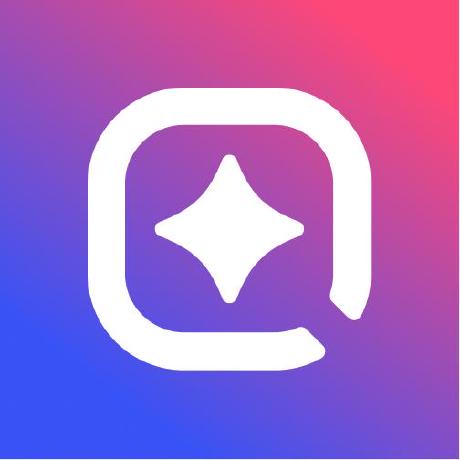
quolo
Quolo enables companies to easily build their own platforms that leverage LLMs without the need to build custom permissions engines.
MIT License
Quolo
Quolo is a powerful integration library designed to facilitate easy and efficient interaction with multiple AI platforms like OpenAI, Anthropic, Google, and Cohere. It supports various AI features such as text generation, function calling, and embeddings.
Our long term goal is to further the integration of Quolo beyond large language models to assist with role-based access control (RBAC) at scale.
Getting Started
Installation
Install the package via npm:
npm install quolo
Setup
Before you can use the Quolo library, you need to configure it with your API keys for the platforms you intend to use.
Configuring API Keys
Create a .env file in your root directory and store your API keys:
OPENAI_API_KEY=your_openai_api_key
ANTHROPIC_API_KEY=your_anthropic_api_key
GOOGLE_API_KEY=your_google_api_key
COHERE_API_KEY=your_cohere_api_key
Ensure your application loads these API keys into the environment variables, preferably using a library like dovenv.
import 'dotenv/config';
Usage
Text Generation
To generate text using OpenAI's GPT model:
import { Quolo } from 'quolo';
// Create an instance of Quolo for OpenAI
const quolo = new Quolo('openai', 'your_openai_api_key');
// Use the instance to generate text
quolo.generateText("What is quantum mechanics?", "gpt-3.5-turbo")
.then(text => console.log("Generated Text:", text))
.catch(error => console.error("Error:", error));
Supported Platforms
- OpenAI
- Anthropic
- Cohere
Capabilities
These are the capabilities of each LLM provider:
| Feature | OpenAI | Anthropic | Cohere | |
|---|---|---|---|---|
| Text Generation | Yes | Yes | Yes | Yes |
| Function Calling | Yes | Yes | Yes | Yes |
| Embeddings | Yes | No | Yes | Yes |
| Fine Tuning | Yes | No | Yes | Yes |
| Retrieval Augmented Generation | No | No | Yes | Yes |
Roadmap
The Quolo roadmap introduces new capabilities for each LLM provider, testing, RBAC integration, and expands support for Hugging Face and Azure platforms.
Credits
This project was developed with contributions from the following individuals and organizations:
Special thanks to the open-source community and the following projects:
License
This project is licensed under the MIT License - see the LICENSE file for details.